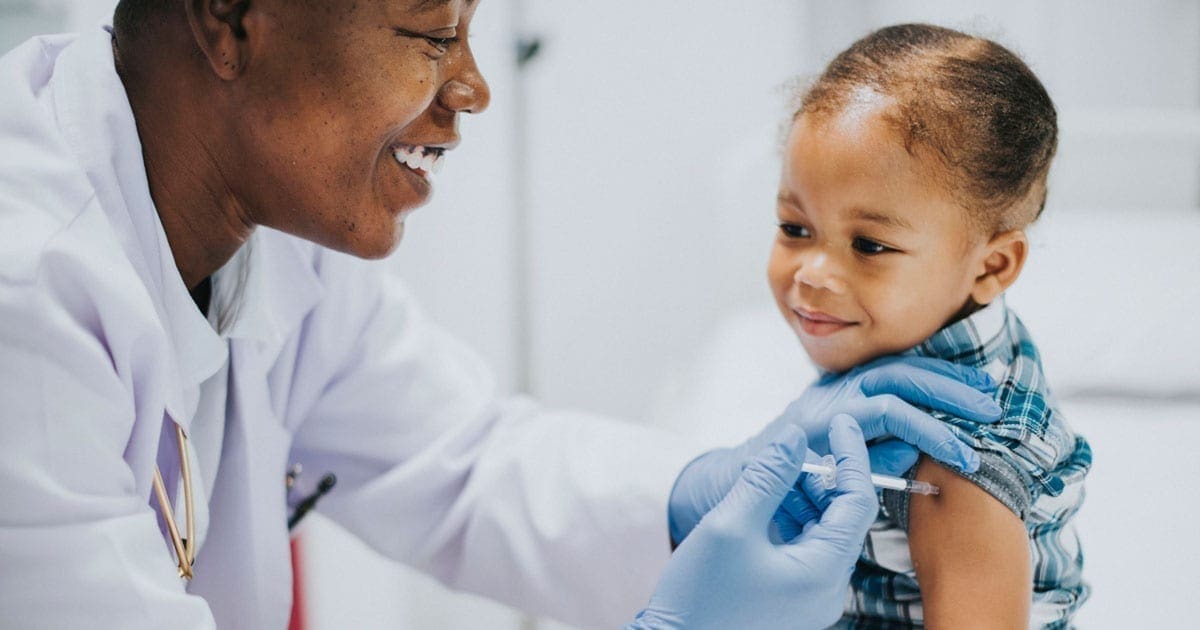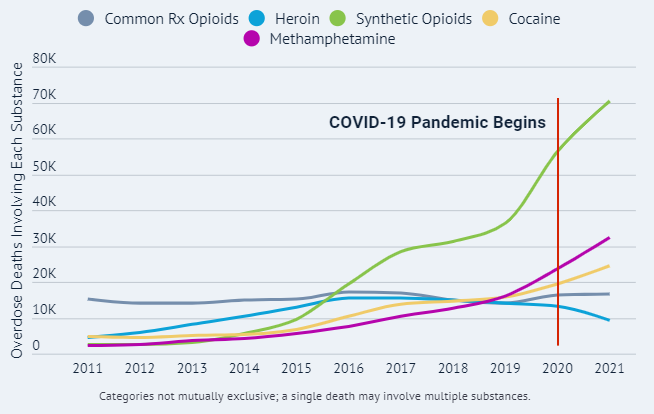
Myth: Vaccines don’t work.
Made: Vaccines prevent many diseases that used to make people very sick. Now that people are being vaccinated against these diseases, they are no longer common. An example is measles. It used to be a serious respiratory disease that affected children. But once the vaccine was developed and people immunizedit is almost completely removed.
A vaccine helps your body build immunity against a particular disease. Immunity means that you are protected against disease. In order to work properly, vaccines must be given at certain times. That’s because some vaccines take a few weeks or months to build immunity in your body. Therefore, you and your children should receive all immunizations according to the schedule provided by your doctor.
Myth: Vaccines are not safe.
Made: Vaccine safety is important, from start to finish. When a vaccine is developed, it goes through a strict and detailed process overseen by the US Food and Drug Administration (FDA). The FDA must prove that the vaccine is safe before it can be given to people.
Vaccines go through many phases of testing before they are given to people. This includes testing thousands of people and careful analysis of test data by scientists. Once the FDA decides that a vaccine is safe for people, the Centers for Disease Control and Prevention (CDC) partners with the FDA to continue to monitor the vaccine as it is administered to people. They look at many things, including how well it works and what side effects happen.
In addition to monitoring vaccines, the CDC and FDA monitor the facilities where vaccines are made. They do this to make sure that vaccines are produced safely. The two groups also review each batch of vaccines before distributing them to the public to make sure they are safe.
If you have questions about the safety of vaccines, talk to your doctor. Ask to see the CDC Vaccine Information Sheet for information on each vaccine.
Myth: I don’t need vaccinations. My natural immunity is better than a vaccine.
Made: Many preventable diseases are dangerous and can cause long-lasting side effects. It is much safer and easier to get vaccinated instead. Also, being vaccinated helps prevent you from spreading the disease to unvaccinated people around you.
In some cases, vaccinations are more important at certain times. This includes when you travel. The Centers for Disease Control and Prevention (CDC) is currently advising physicians and public health officials to provide measles prevention guidance to international travelers and to be alert for measles cases. measles. Measles (rubella) is extremely contagious; a person infected with measles can infect 9 out of 10 of their unvaccinated close contacts. As of June 2023, CDC was notified of 16 confirmed cases of measles in the US in 11 jurisdictions, with 14 (88%) linked to international travel. Many countries and popular tourist destinations, including London and England, have experienced measles outbreaks in recent years.
America saw a rise in measles cases during the first 5 months of 2023, with 16 cases reported compared to 3 in 2022 during the same period. Most of these cases occurred among children who had not received the measles, mumps, and rubella (MMR) vaccine. To prevent measles infection and its spread, all US residents should be up-to-date with their MMR vaccinations, especially prior to international travel, regardless of destination.
Myth: Vaccines include a live version of the virus.
Made: Diseases are caused by bacterial or viral infections. Vaccines trick your body into thinking you have an infection caused by a particular disease.
Some vaccines contain a simulated version of the infection. But your body thinks it’s the real infection. It wants to protect itself from the infection, so it creates antibodies to attack it. Antibodies are infection fighters that live in the blood. After your body gets rid of the fake infection, the antibodies remember how to fight the real infection. This makes you immune against disease.
Other vaccines contain live versions of the bacteria or virus that causes the disease. However, those infections have become so weak during the vaccine creation process that they cannot make you sick with the disease. But your body fights the infection as if it were the stronger version of the infection. This also creates immunity.






